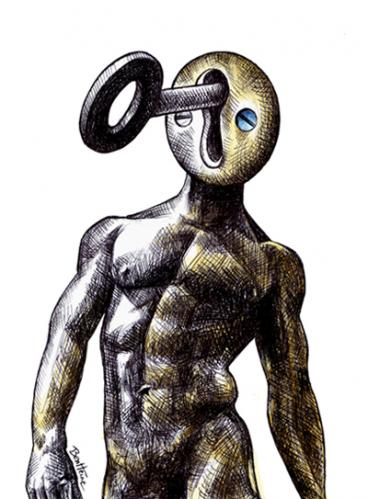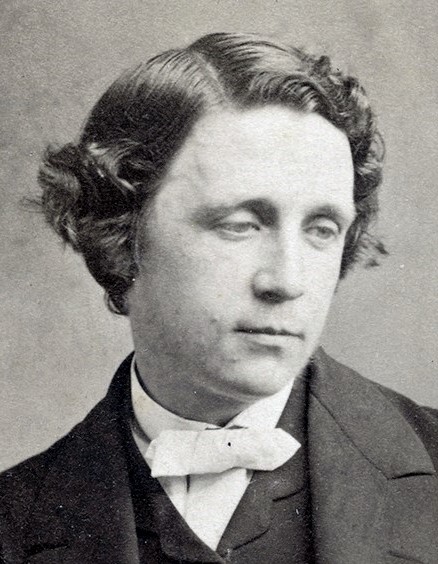Yes. Yes, they can suffer.

Yes, they can communicate - what does it matter whether we understand them or not? THey can talk to one another. Can they reason? I don't know a whole lot about this subject, but I'm sure they can. I feel like if I were to say that they can reason to some degree, then I'd fall into a speciesist trap... but I really am not certain. I DO think animals can reason - I just don't know how much in comparison to humans. Like I said, that sounds exactly like a speciesist saying, which isn't exactly what I'm going for.
The point is, animals can suffer. Just as humans have suffered at the hands of other humans, animals through the ages have suffered at the hands of humans. There's no question about it - animals feel pain, just as we do. The parallels drawn between white treatment of black slaves, and human treatment of animals is pretty frightening. Its scary that we are capable of such cruelty, and its terrifying that we haven't grown out of it. Its still occurring around the world in human relationships (acid attacks on women in Afghanistan provide just one example) - but very much so in the way we treat animals as commodities. The wider public has no idea of where their chickens come from, or their beef or pork. They don't know that these are mistreated creatures who live nonlives for our benefit.
"The parallels of experience are numerous. Both humans and animals share the ability to suffer from restricted freedome of movement, from the loss of social freedom, and to experience pain at the loss of a loved one." (619)
This reminded me of a story my father is fond of telling... and retelling... and telling again. (He's a professor and is very fond of telling us things.) When he was a young boy, maybe around age 12, he was given a hunting gun for his birthday. This was not out of the ordinary, and it was now his responsibility to help provide dinner for his family. He became very good at shooting pigeons to bring home for my grandmother to cook. He was pretty proud of his skills, and his family was pretty appreciative as well.
One day, however, he saw a pair of beautiful pigeons together, a male and female. He thought of how proud his mother would be if he brought these two birds home for the family, and aimed at the male, and fired. As usual, his aim was stellar. The next thing he knew, his heart was torn as the female let out a plaintive wail of grief - he had killed her mate, and she was devastated.
He had never realized the repercussions of his actions from the pigeon's point of view, but this day, he understood. This day, he felt a lover's pain of loss. This day, he hung up his hunting gun and never shot down pigeons again. He was through.


.jpg)



 emilyrichardsonsblog.blogspot.com
emilyrichardsonsblog.blogspot.com rj-whenlovecomestotown.blogspot.com
rj-whenlovecomestotown.blogspot.com














